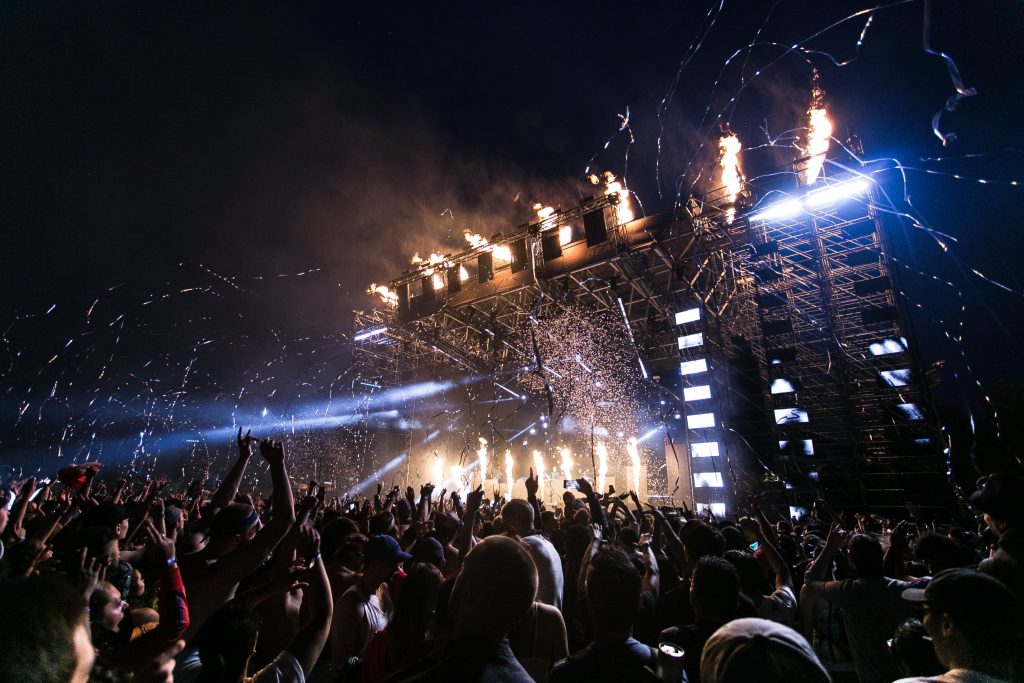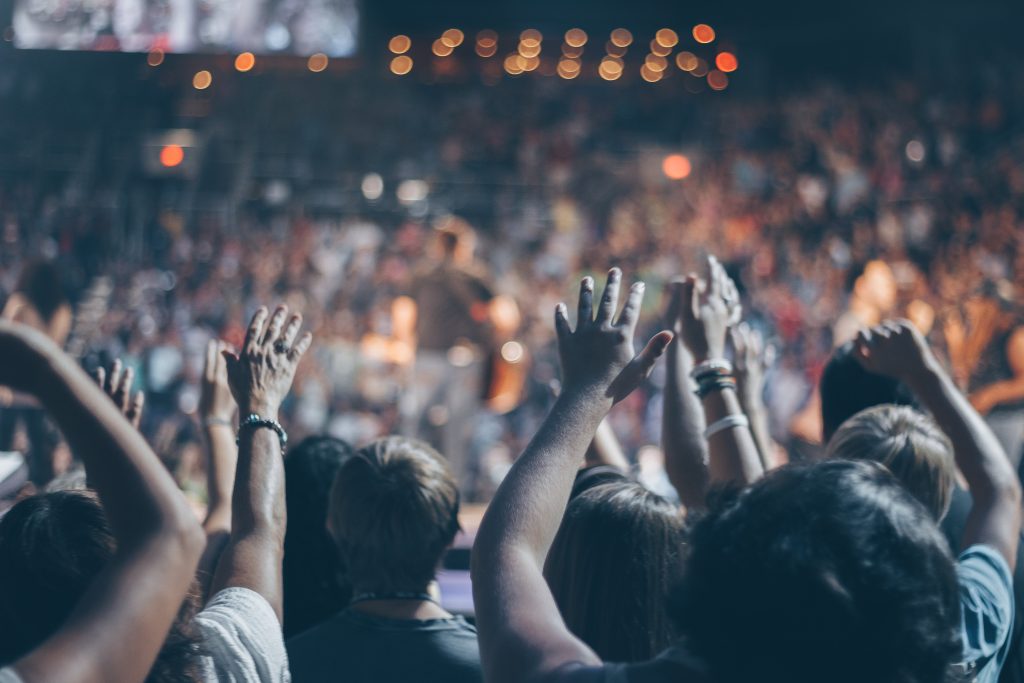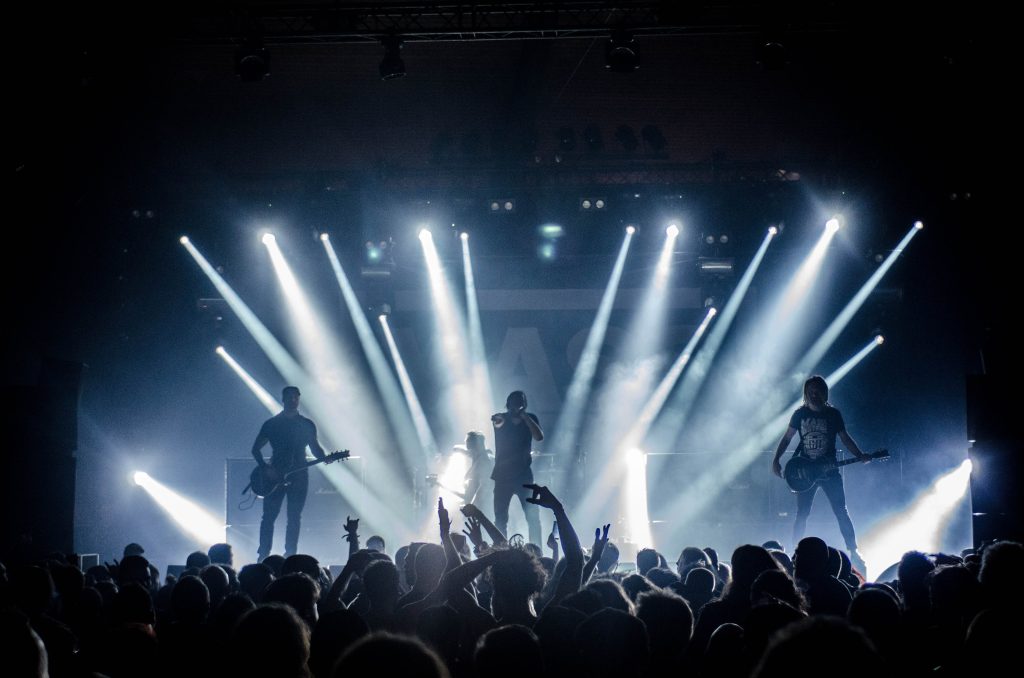
Music enthusiasts have always had a special place in their hearts for music concerts because of their compelling performances and electrifying atmosphere. Live artists, however, must overcome a world of hardships, perseverance, and hard work in addition to the many obstacles they encounter on stage. This article will explore the backstage activities of music performances and highlight the challenges faced by performers in their attempt to provide exceptional live experiences.
- The Intricacies of Live Music Performances.
- Overcoming Challenges and Delivering Memorable Performances.

Live music performances are the result of painstaking preparation, superior technical know-how, and creative vision. Every detail, from picking the ideal location to putting in endless practice, goes into making sure that the audience has a flawless and engaging musical experience. To guarantee a successful performance, artists must overcome several unique obstacles.
Sound Engineering and Acoustics: Achieving optimal sound quality in a live concert venue is a complex task. Sound engineers work tirelessly to ensure that the audio levels are balanced, the instruments and vocals are clear, and the overall acoustics of the space enhance the music without any unwanted distortions or echoes.
Stage Setup and Equipment: From the placement of microphones and instruments to the positioning of stage monitors, the stage setup requires meticulous attention to detail. Artists and their teams must coordinate with stage crews to ensure that equipment is in working order and that the stage layout allows for seamless movement during the performance.
Lighting Design: Lighting plays a crucial role in setting the mood and enhancing the visual experience of a concert. Lighting designers work closely with artists to create dynamic lighting arrangements that complement the music and engage the audience. However, coordinating complex lighting cues and synchronizing them with the performance can be a significant challenge.
Nervousness and Stage Fright: Even seasoned performers experience nervousness before taking the stage. The pressure to deliver a flawless performance, coupled with the energy of the live audience, can lead to stage fright. Overcoming these nerves and channeling the adrenaline into a powerful performance requires mental fortitude and experience.
Adaptability and Improvisation: Live performances often demand real-time adaptability. Musicians must be prepared to make adjustments on the fly, whether it’s responding to technical glitches, extending or shortening songs, or accommodating unexpected changes in the audience’s mood or energy.
Collaboration and Communication: In a concert setting, artists must seamlessly communicate with their bandmates, backup singers, and other performers on stage. This coordination ensures a cohesive and synchronized performance. Maintaining clear communication amidst the energy and excitement of a live show can be a challenge that requires practice and trust among performers.
Energy Management: Performing live requires stamina and endurance. Artists must manage their energy levels throughout the performance, maintaining a balance between dynamic and energetic moments and more subdued or introspective sections. This careful energy management ensures a captivating and engaging experience for the audience.
Even with all of the difficulties that live artists encounter, their love of music and commitment to their craft inspire them to overcome these challenges and give outstanding performances. Here are some methods that artists use to overcome these obstacles:
Thorough Preparation: Rehearsals and meticulous preparation are key to successful live performances. Artists spend countless hours fine-tuning their setlists, practicing their instruments or vocals, and rehearsing with their bands. This level of preparation builds confidence and minimizes the likelihood of technical or performance-related mishaps.
Technical Expertise and Collaboration: Building a strong team of professionals, including sound engineers, lighting designers, and stage crew, is crucial. Effective collaboration and clear communication among all team members ensure a smooth and cohesive live performance.
Embracing the Unexpected: Artists develop the ability to adapt and improvise in real time. They learn to embrace unexpected moments and turn them into unique opportunities to engage with the audience and create memorable experiences.
Mental and Physical Conditioning: Maintaining physical fitness and mental well-being is vital for live performers. Regular exercise, proper nutrition, and mindfulness practices help artists manage nerves, maintain focus, and sustain energy levels during performances.


